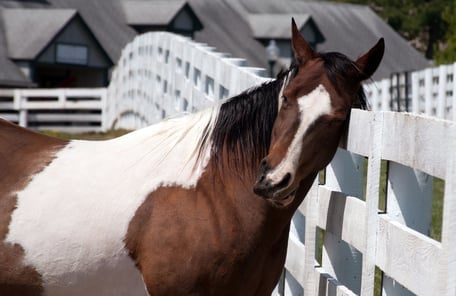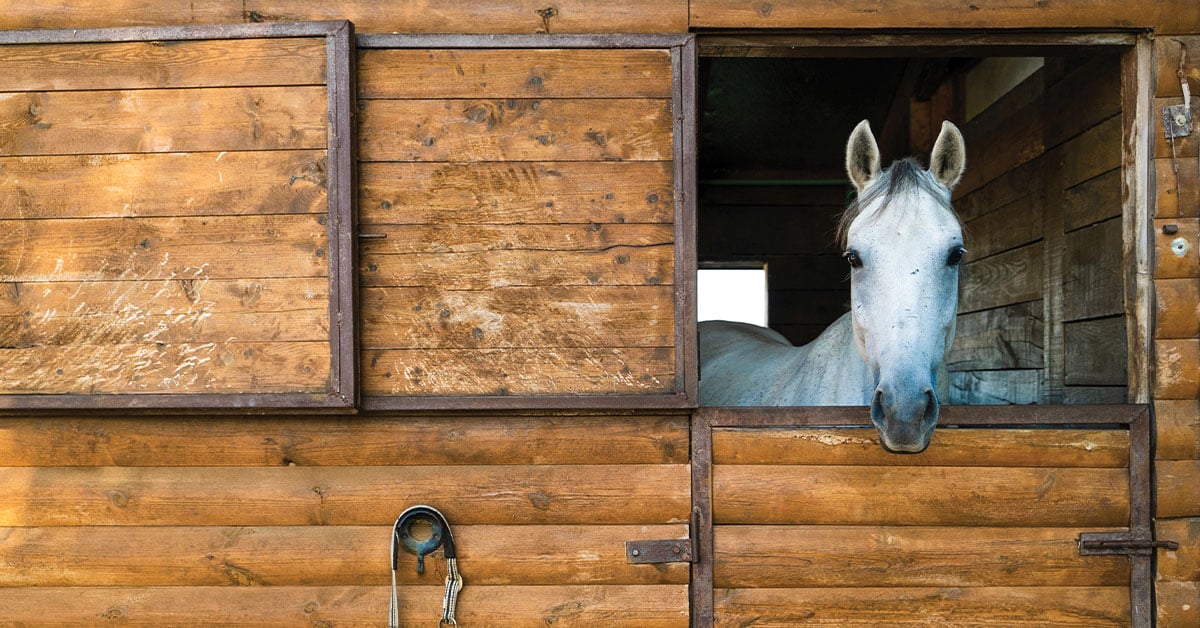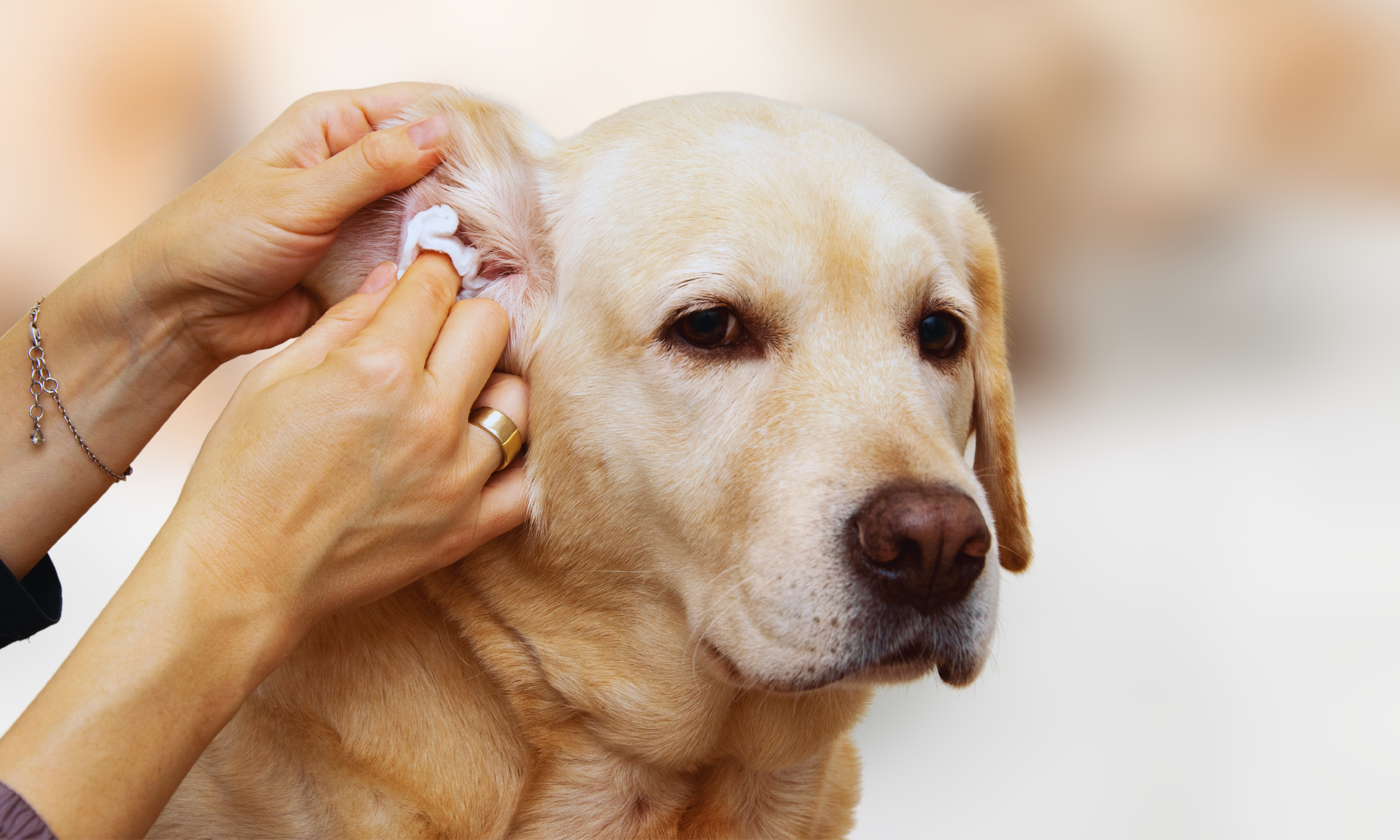If you have a horse in your care that is allergic, the summer season can be a challenging time. All kinds of pollen float in the air, there are many mites in the stable and stinging insects fly everywhere. You would prefer not to expose an allergic horse to these allergens, but that is not an easy task. Leaving a horse with a pollen allergy indoors all summer is not an option. Fortunately, there are a number of ways to support allergic horses during the summer months. Think of traditional immunotherapy, but nets that protect the horse can help too. In this article you will find out more about how to deal with allergic horses in the summer season.
Proactive and reactive therapies
Allergic horses can receive treatment in two ways. The aim of proactive therapy is to make sure the allergens do not have the chance to trigger the allergic reaction. This way, the horse will not get sick or less sick. With reactive therapy, the allergic reaction is already taking place and you try to reduce the consequences.
Insect allergies
As mentioned, the best way to combat allergies is to ensure that the allergic animal does not come into contact with the allergen. In horses that are allergic to insect bites or stings, you can achieve this by protecting specific parts of the body with nets or hoods, like ear nets, face masks and belly bands. If the horses are indoors, you can also try sealing entrances and other openings with screens. However, this will be quite difficult or impractical for most stables. Keeping horses in the stable when the specific insects that cause the allergic are most active also helps.

Pollen allergies
For horses with a pollen allergy, it is useful to keep an eye on the current pollen concentration. If it is high, the horse is better off staying indoors. Even if the grass is mowed or certain allergy-causing crops are harvested, the horse is better off in the stable. Furthermore, a pollen net over the horse's nose stops part of the pollen.
The choice for immunotherapy
As a rule, allergies cannot be cured and allergic horses have to deal with them for all their lives. Because insects and pollen in particular are difficult to avoid, immunotherapy is a good option. First a vet has to draw some blood from the horse. The blood is then examined in the laboratory. Based on the result, the vet determines what the treatment will look like. Immunotherapy is a good way to suppress the allergic reaction and it can be used for a long time. It does take a few months before the therapy takes effect and you see results. Until then, it may be wise to use reactive therapies. These include antihistamines, shampoos, sprays or steroids. Side effects can occur with steroids over time, so it is important to choose a treatment plan in consultation with the vet.
Nextmune's products are here to help
Because it is difficult to keep horses away from the sources that cause the allergy, your vet will help you with tailor-made allergy products. With the Nextmune serum test, the vet determines what your horse is allergic to, after which the vet chooses a specific type of Nextmune immunotherapy. Commercially available supporting products also protect your horse from allergens. Food supplements for a healthier skin, a spray against house dust mites and wound-healing skin cream all help your horse battle its allergies. Ask your vet about the possibilities.
 Global English
Global English

 UK
UK
 Nederland
Nederland



